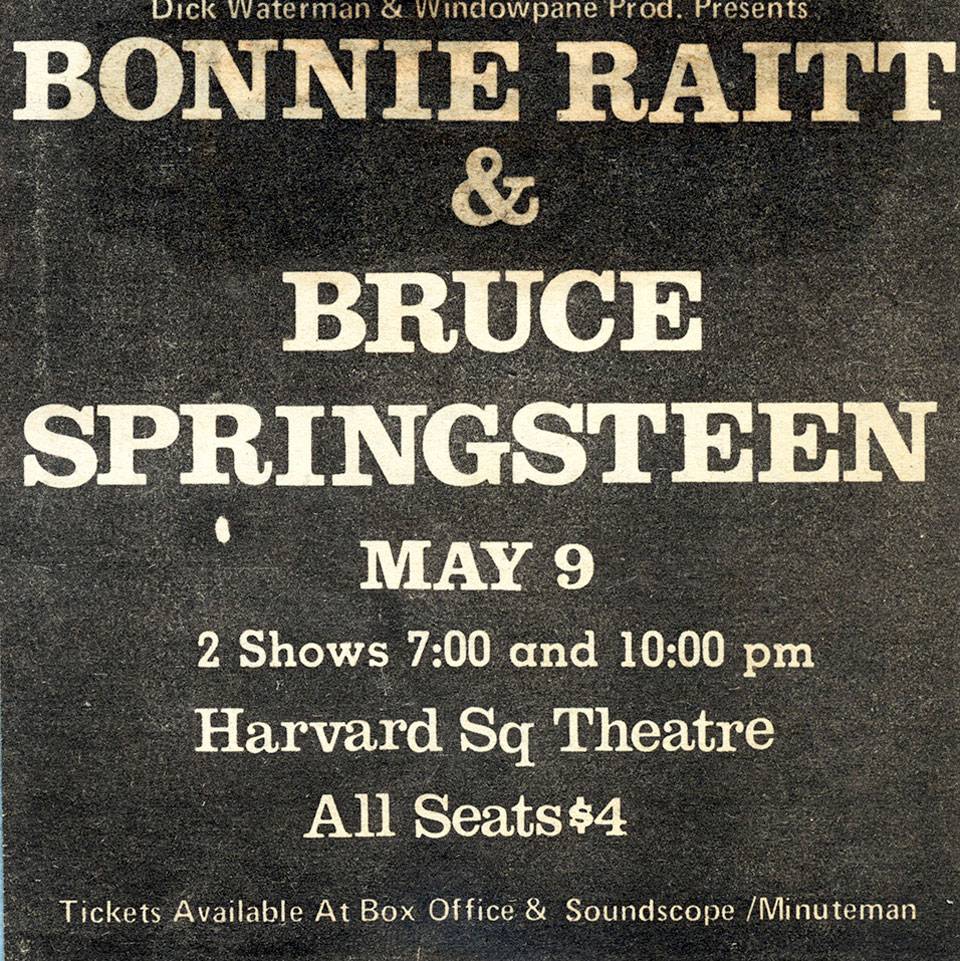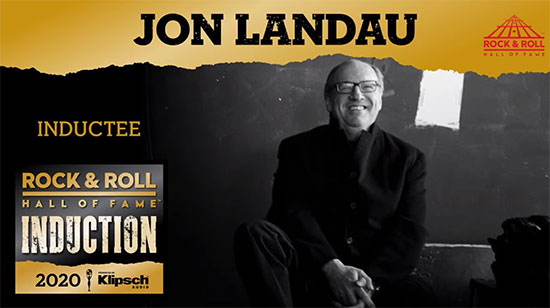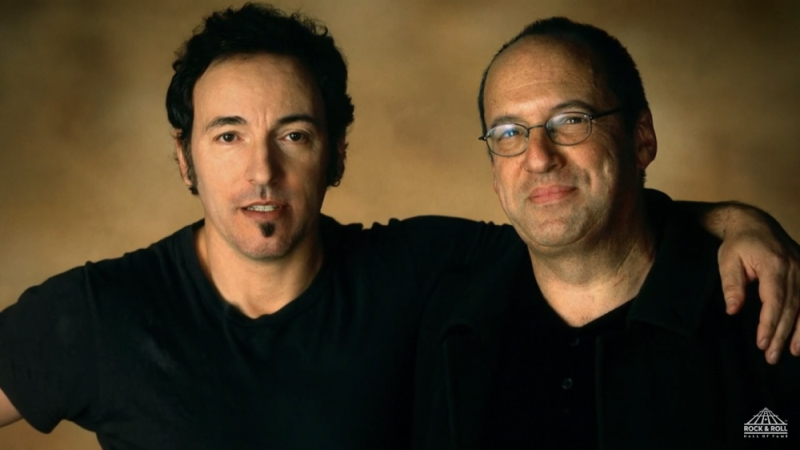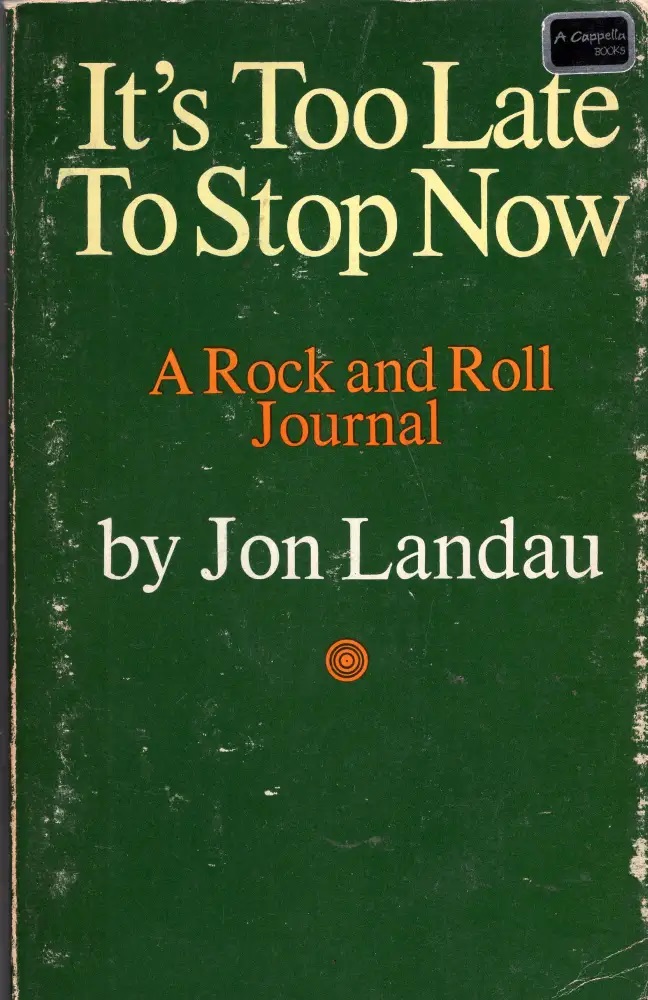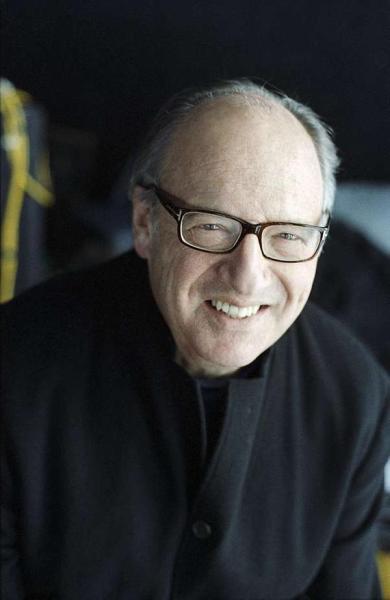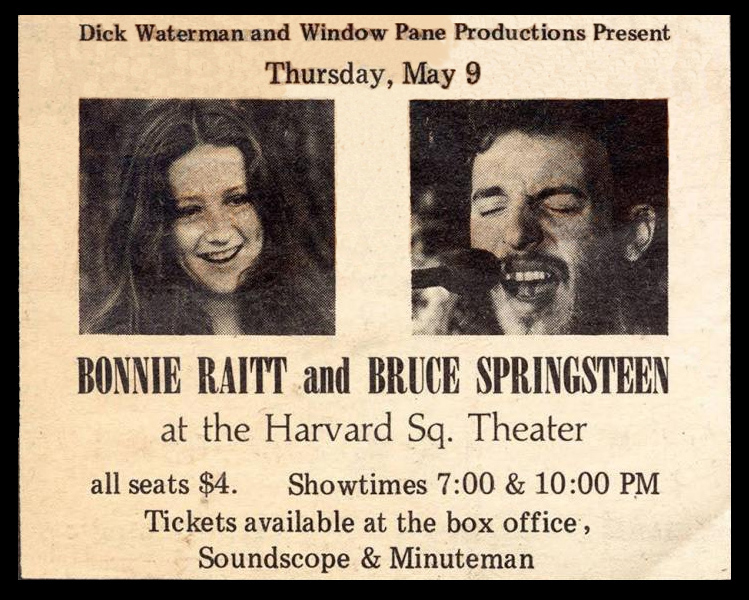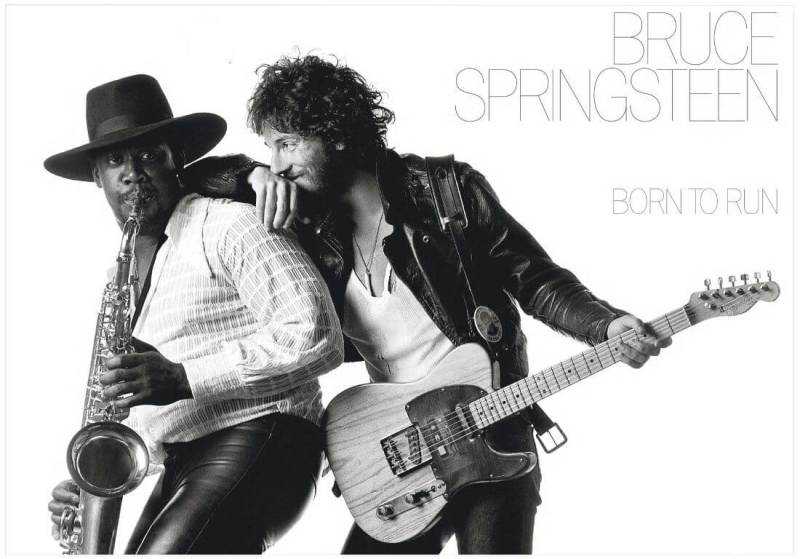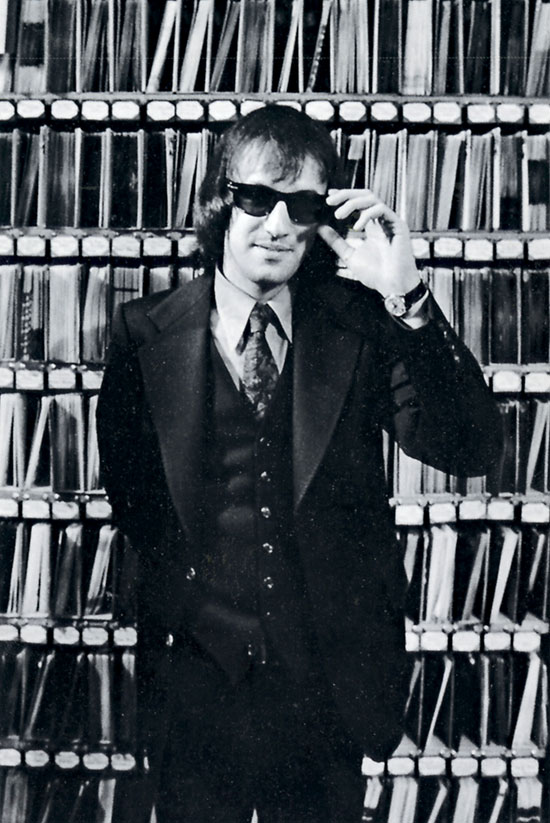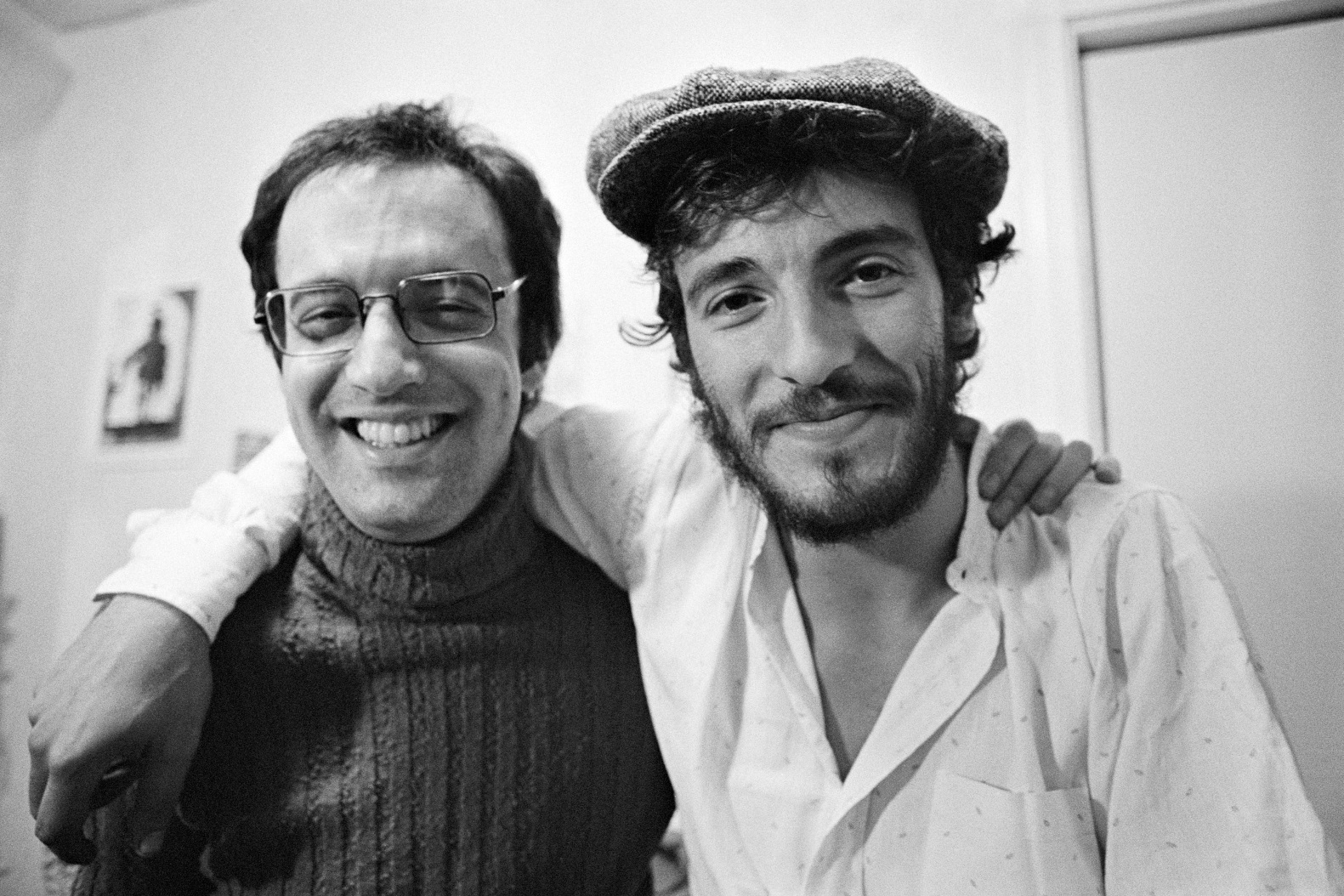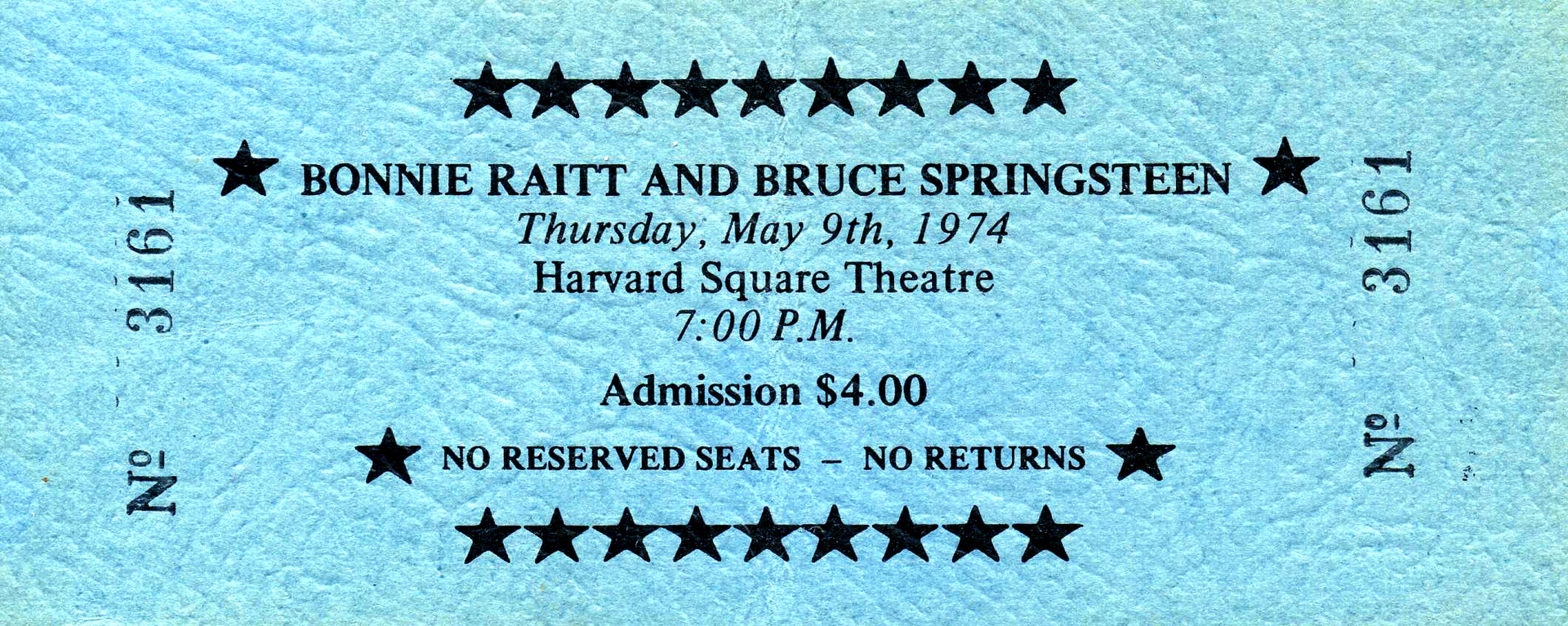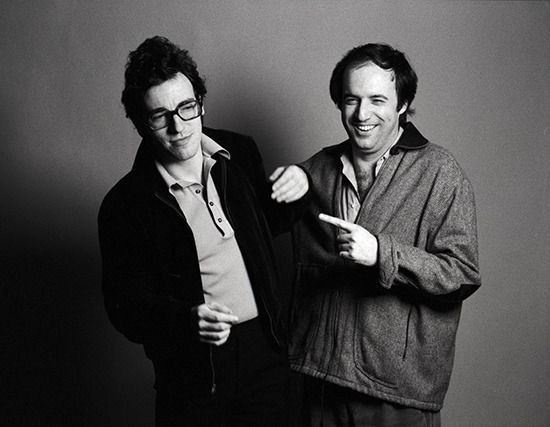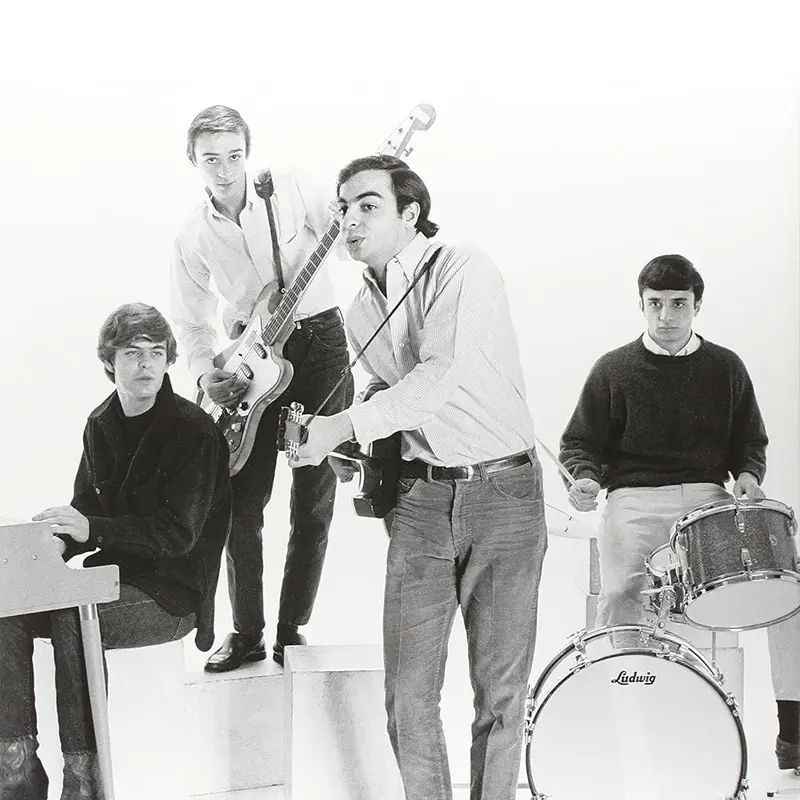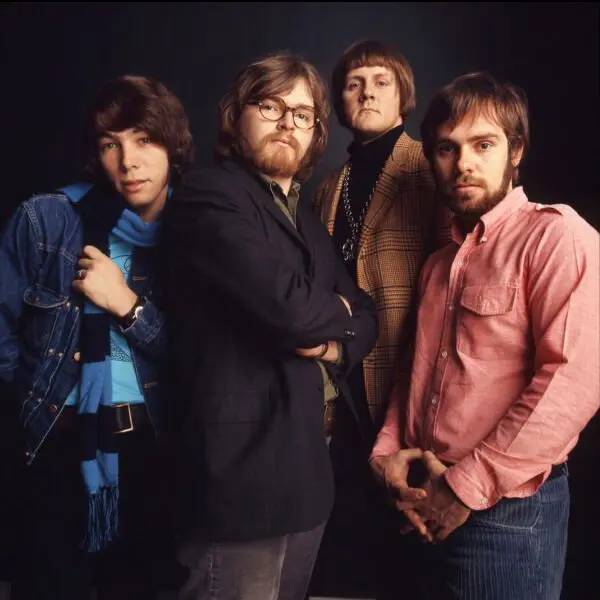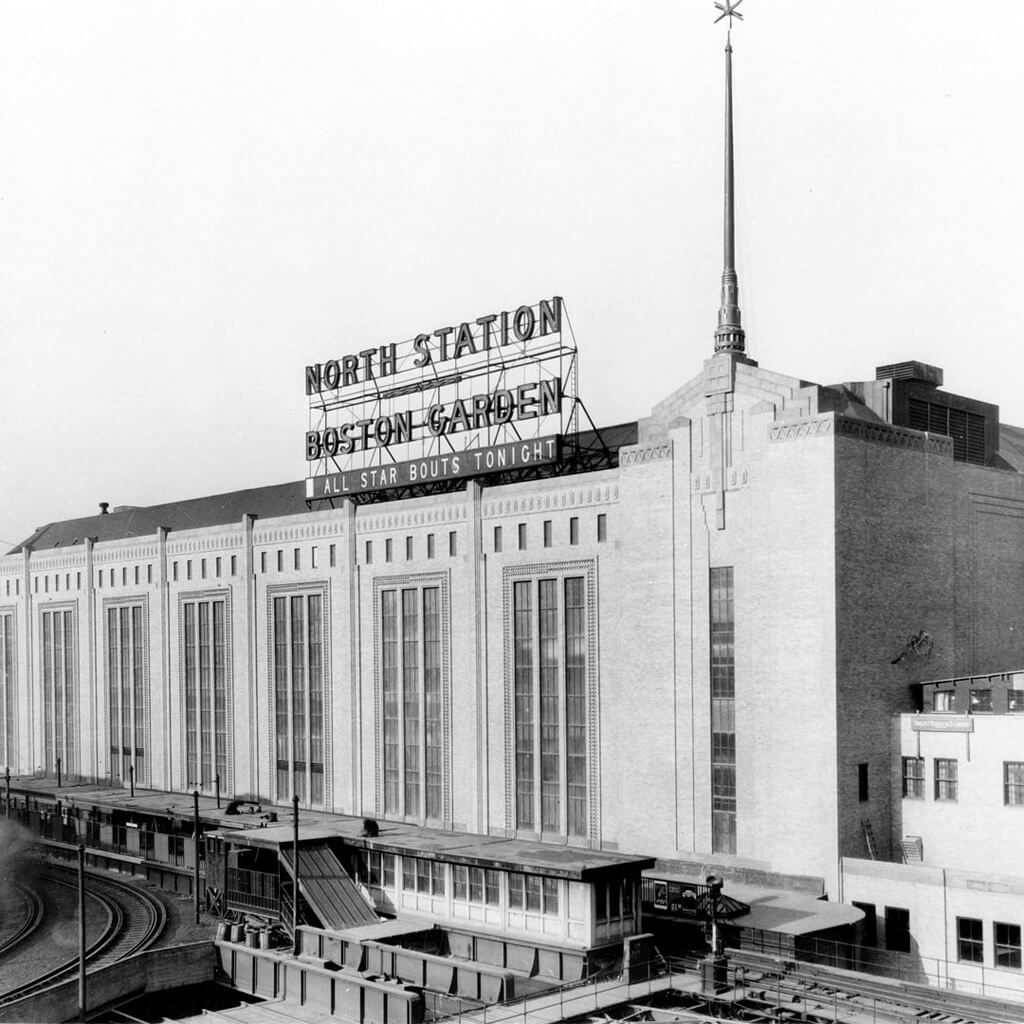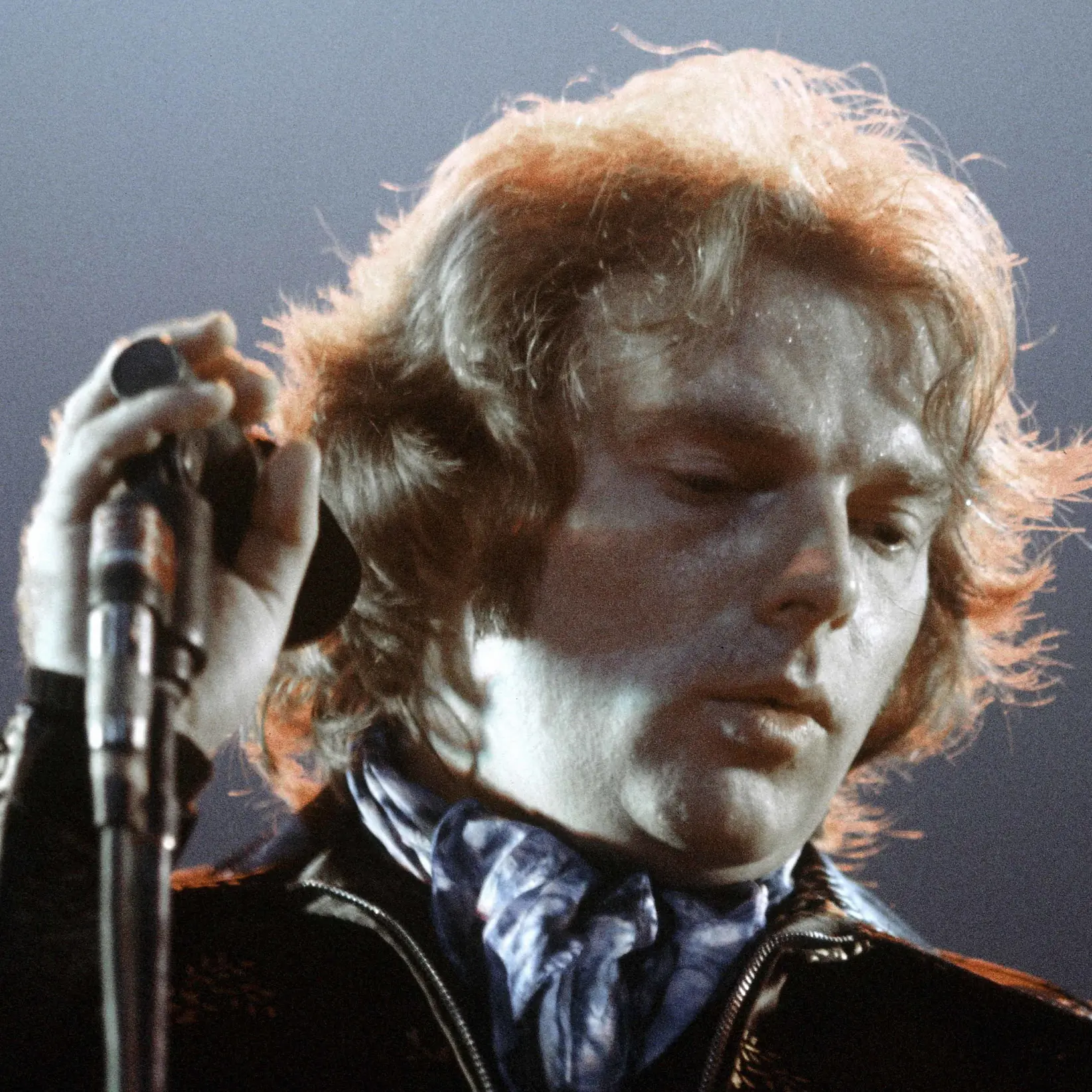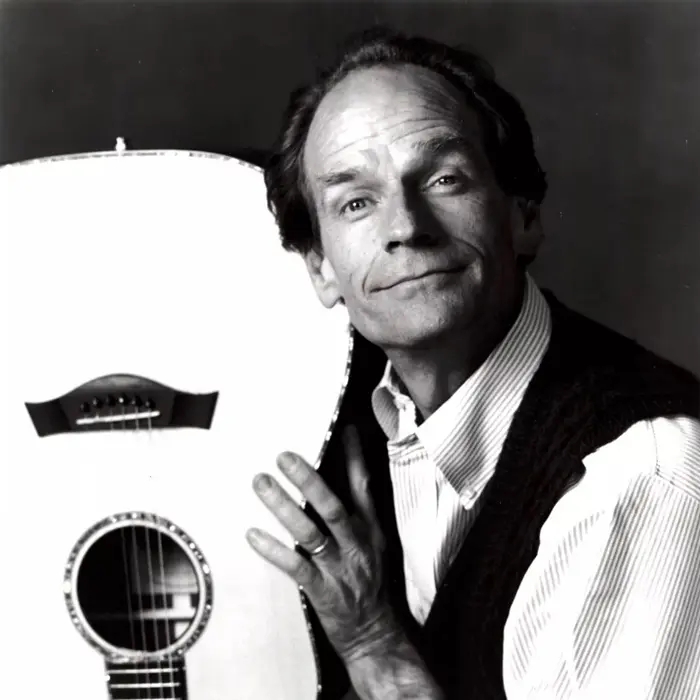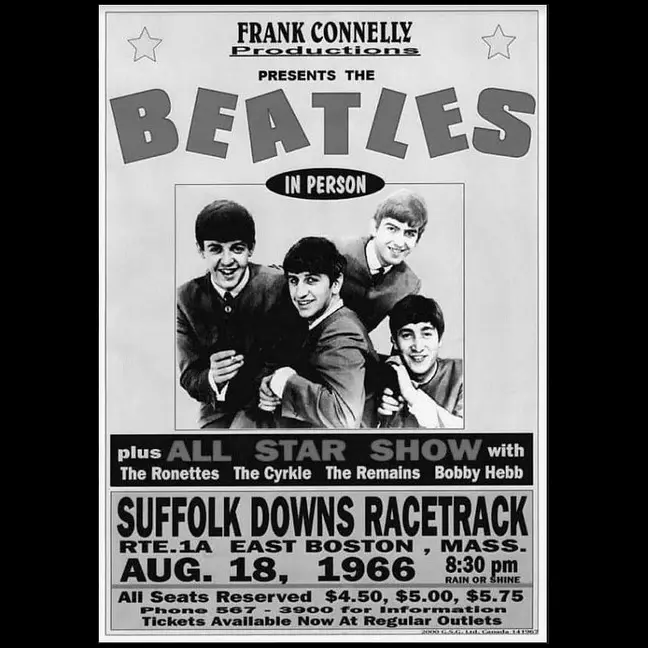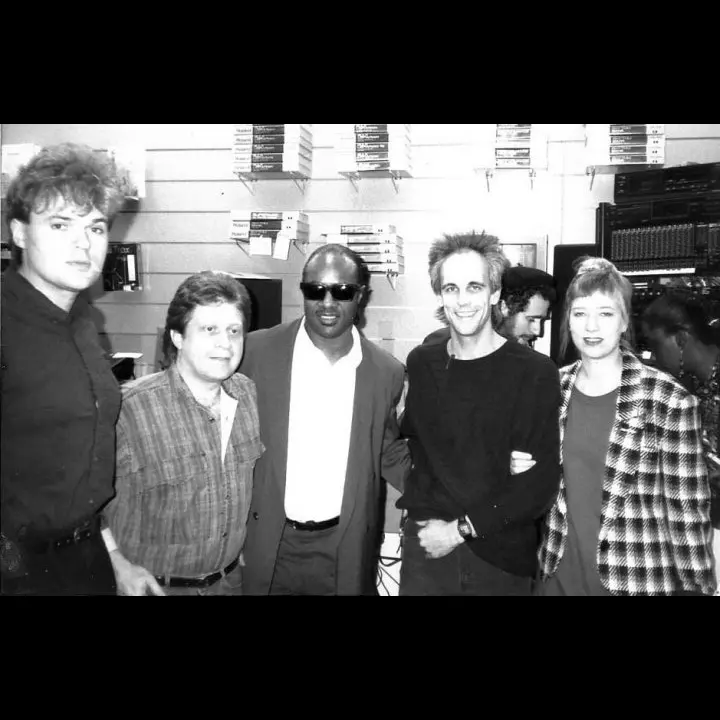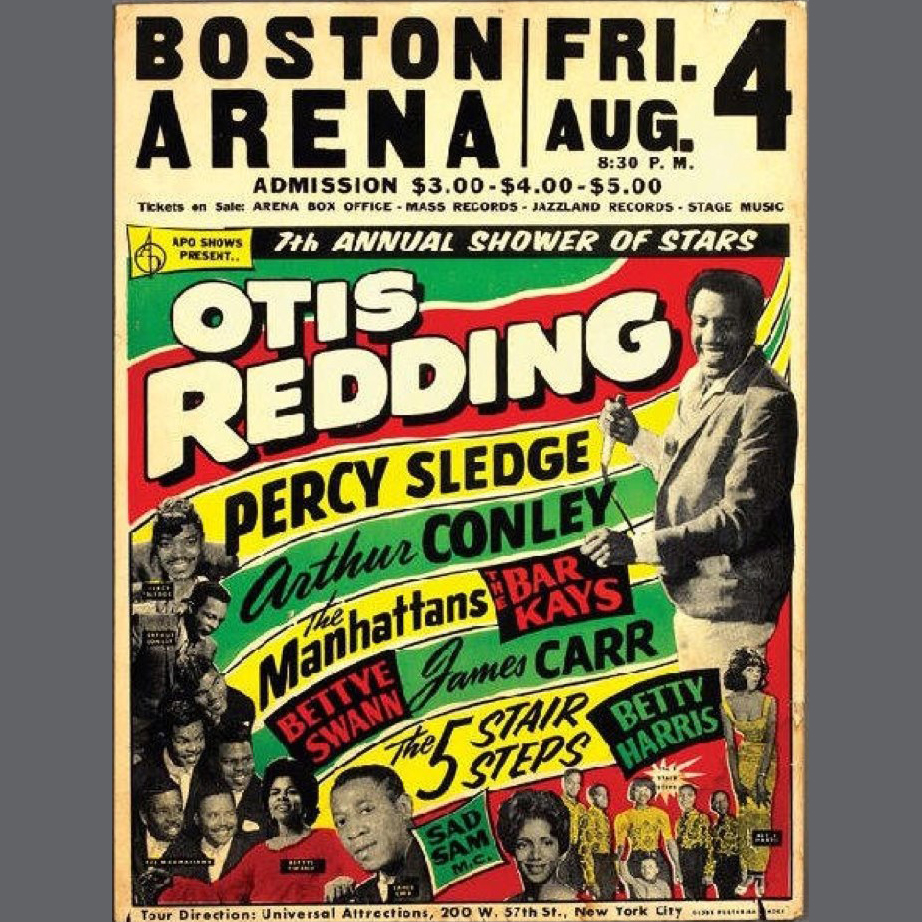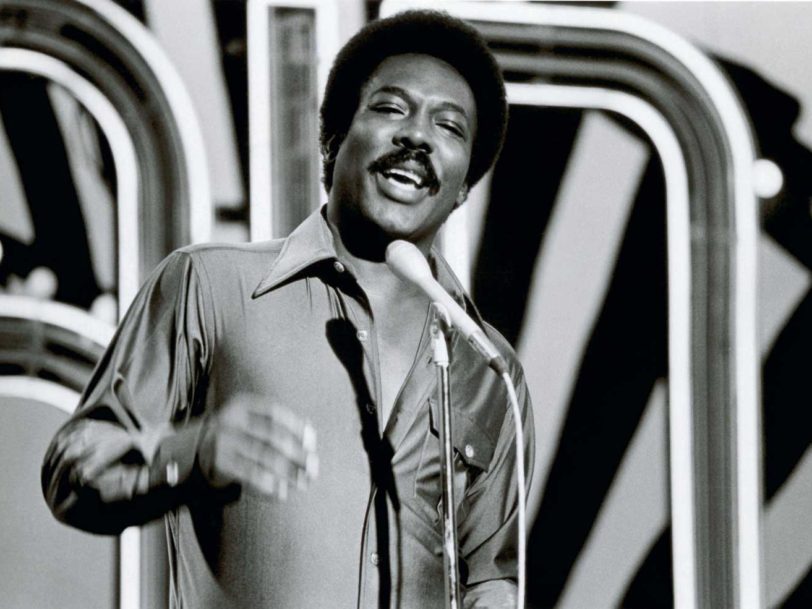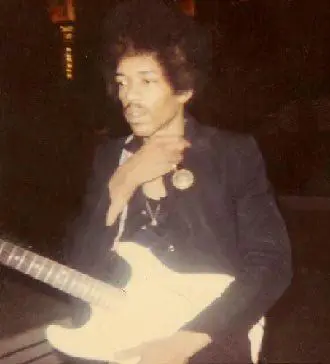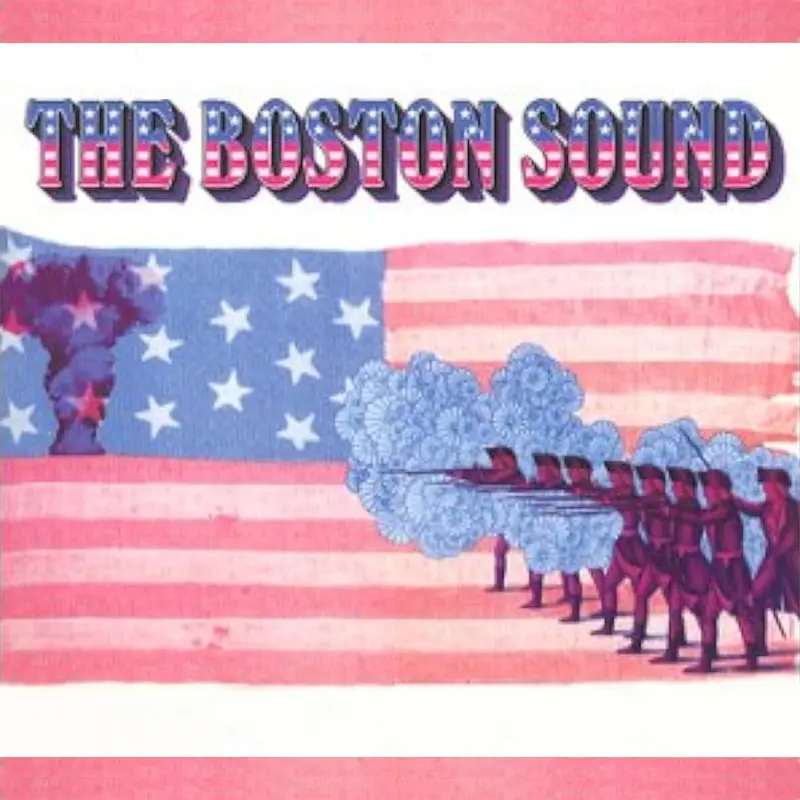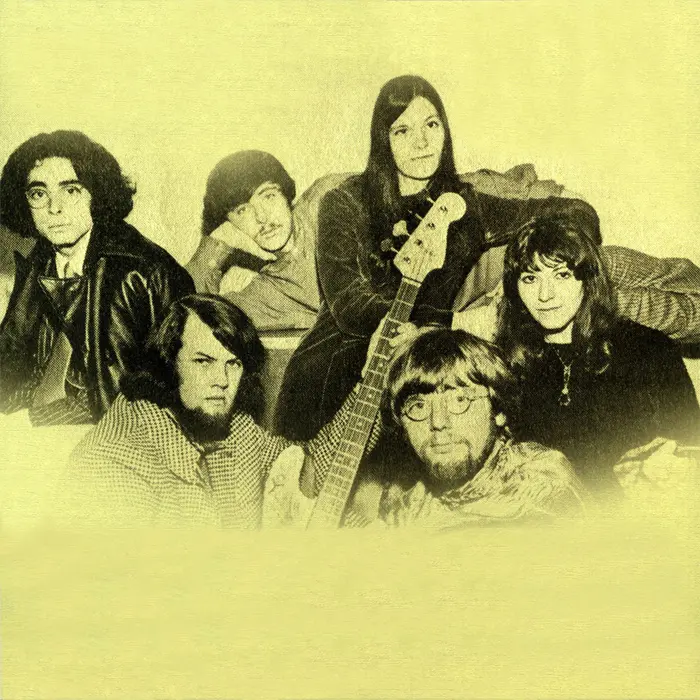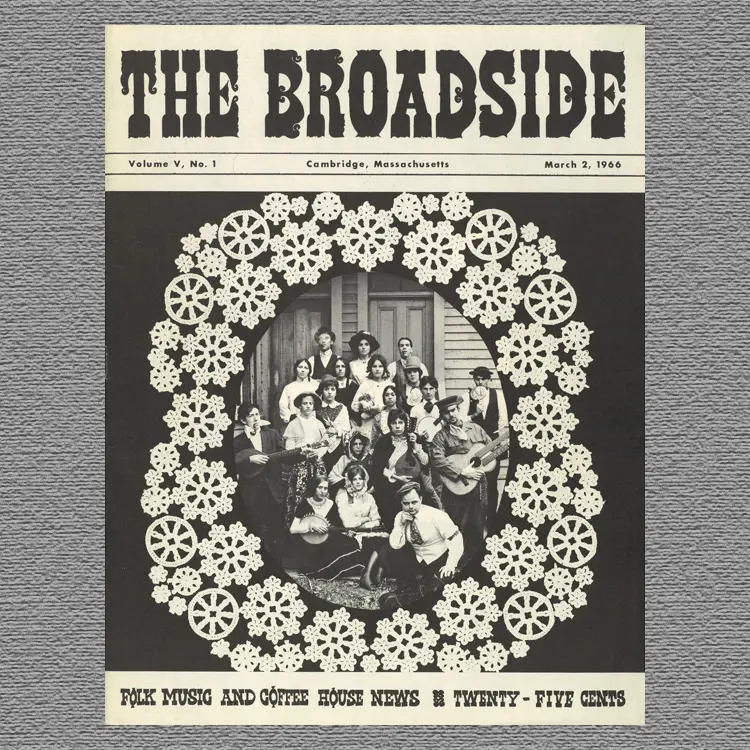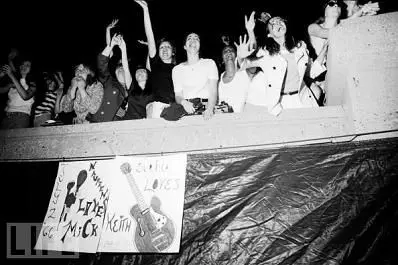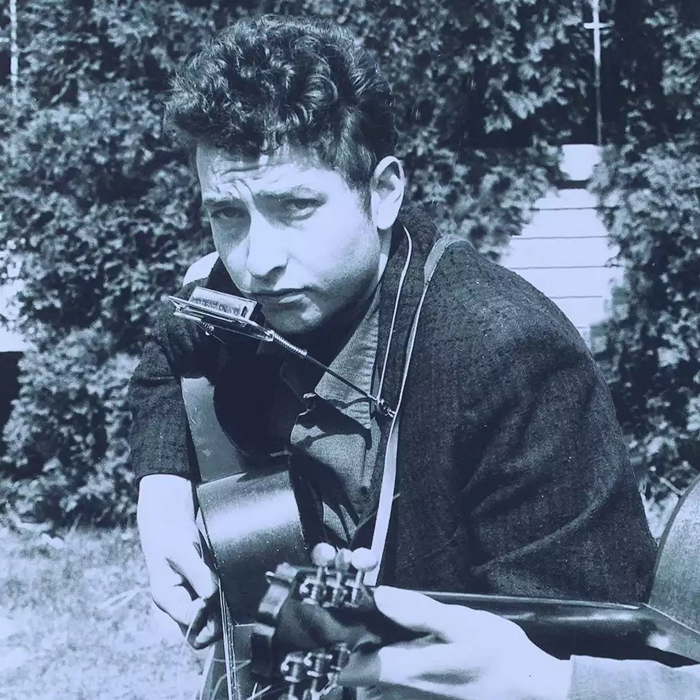Jon Landau
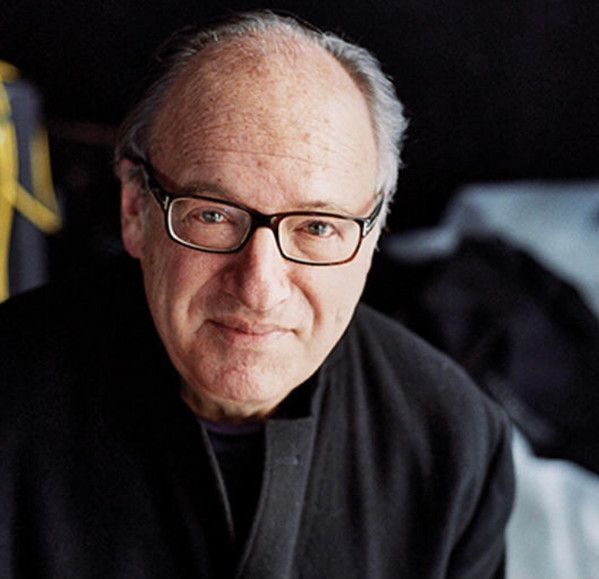
Critics can be a musician’s worst enemy or best friend, and the latter was the case in a mutually career-catapulting way – for musician and critic – in May 1974. That’s when a 27-year old Brandeis University graduate from Lexington, Massachusetts, penned what became one of the most oft-quoted, indeed legendary, reviews in rock ‘n’ roll history after seeing Bruce Springsteen open for Bonnie Raitt.
“Last Thursday, at the Harvard Square Theatre, I saw my rock-and-roll past flash before my eyes,” Jon Landau began in a review for the Boston-based alternative weekly The Real Paper. “And I saw something else: I saw rock-and-roll future and its name is Bruce Springsteen.”
After calling Springsteen “a rock ’n’ roll punk, a Latin street poet, a ballet dancer, an actor, a joker, bar band leader, hot-shit rhythm guitar player, extraordinary singer, and a truly great rock ’n’ roll composer,” he ended his rapturous review with a mix of delight and disbelief: “He leads a band like he has been doing it forever. I racked my brains but simply can’t think of a white artist who does so many things so superbly.”
Not only did the review help rocket Springsteen’s career to stratospheric heights – at a time when he was precariously close to losing his Columbia Records contract following lower-than-expected sales of his first two albums – but Landau went on to be Springsteen’s co-producer and manager for 17 years, from his seminal third LP Born to Run (1975) to Human Touch and Lucky Town (1992), except for Nebraska (1982).
Musical beginnings, Early writing
Born in New York City in 1947, Landau moved to Lexington at age 12 with his music-loving family. His father had an expansive collection of jazz 78s, his mother adored opera and his own passion for music exploded around age four when he attended one of Pete Seeger’s children’s concerts. “I was absolutely mesmerized,” he recalled in 2018. “Listening to the brightness of Pete’s banjo and seeing his on-stage charisma was when I knew somehow I’d live a life that was related to music.” Landau started playing guitar at age seven and performed with a blues-rock band in high school.
His lifelong passion for writing sparked in tenth grade at Lexington High School when his English teacher, Wilbur Cheever, complimented his natural ability and encouraged him. “He really zeroed in on my writing,” Landau said in 2014. “He was tough and very critical, but he gave me confidence to think that I could start getting published in the underground papers springing up then in 1962.”
And that’s exactly what 15-year old Landau did: In June 1962, his first published article (“The Woodie Guthrie Newsletter”) appeared in the Cambridge-based folk publication The Broadside. His rock criticism career began to flourish during the summer of 1963 when, while working at the Harvard Square record/sheet-music shop Briggs and Briggs, he met rock critic Paul Williams and started submitting features and reviews to his fledgling fanzine Crawdaddy (which became the first US-based, rock-focused magazine in 1966).
Brandeis University years, Rolling Stone lead music writer
In 1964, Landau enrolled at Brandeis, majoring in history and graduating with honors in 1968. In 1966, he played guitar in a group called Jellyroll which made some demos – piquing his interest in record production – but decided he’d “never be an exceptional guitarist” and that he was “too much of a perfectionist to work with others,” so he focused on writing about music rather than playing it, going to as many shows as possible and submitting concert/album reviews to publications including Boston After Dark and The Boston Phoenix, each of which published his pieces regularly.
In late 1967, Landau became the first lead music writer for the newly established biweekly Rolling Stone, writing a regular column, interviewing artists and managing the album-review pages. In one bold, infamously controversial critique, the then 20-year old critic lambasted Jimi Hendrix’s 1967 album Are you Experienced for “the poor quality of the songs and the inanity of the lyrics,” writing “what Jimi is trying to get across is such a drag.” In another example of his no-holds-barred approach, in April 1968 Rolling Stone published a Landau feature on “the Bosstown Sound” – headlined “The Sound of Boston, Kerplop” – in which he called The Beacon Street Union “inept,” Ultimate Spinach “pretentious” and Orpheus “schlock.”
Memorable concerts, Move into management, Production
From the mid-‘60s through the early ‘70s, Landau reviewed dozens of albums and concerts, and he’s said that among the most memorable shows were The Rolling Stones at Manning Bowl in Lynn in June 1966 (when a riot nearly broke out), The Beatles in August 1966 at Suffolk Downs (when The Remains were an opening act) and the Stones again in July 1972 at Boston Garden (when Boston Mayor Kevin White twisted official arms to bust Mick Jagger and Keith Richards out of a Warwick, Rhode Island, jail so they could perform).
In the late ‘60s, he began taking on non-editorial roles like managing Jackson Browne and Livingston Taylor, producing Taylor’s self-titled debut in 1970 and The MC5’s debut Back in the USA that same year and later producing Browne’s platinum-selling album The Pretender (1976). “I was born to be a critic,” he said in 2016. “But I was completely swept up in rock and R&B and I really wanted to cross over from writing to producing.”
Too Late to Stop Now: A Rock and Roll Journal
By 1974, Landau was a household name among rock journalists and musicians – famous or infamous, depending on your perspective, like his contemporaries Lester Bangs and Ben Fong-Torres – and known for pulling no punches in his interviews and bare-knuckled reviews. His book It’s Too Late to Stop Now: A Rock and Roll Journal (Straight Arrow, 1972), which The New York Times called “replete with some of the best analytic writing on records and concerts ever published,” is a collection of his work from The Boston Phoenix, Crawdaddy and Rolling Stone on Elvis Presley, Janis Joplin, Van Morrison, Bob Dylan, the Stones, Otis Redding, Wilson Pickett and various Motown artists.
Also by 1974, however, he’s said that he found most rock acts “homogeneous” and that they bored him to tears except for Neil Young, Joni Mitchell, Stevie Wonder and Springsteen, whom he first met in April 1974 – one month before his famous review – after a show at Charlie’s Place in Cambridge. Landau’s utter disinterest in most rock of the era adds context to one of his comments about Springsteen’s May show: “And on a night when I needed to feel young, he made me feel like I was hearing music for the very first time.”
Born to Run, Managing Springsteen
In April 1975, 11 months after that review, Springsteen hired Landau to assist with the Born to Run sessions. Having already spent 10 months working on the LP, he was frustrated at his inability to capture the sounds in his head on tape and explain his ideas to band members, and asked Landau to be a communication bridge. The new partnership clicked so perfectly – driven by Landau’s ideas to switch studios to refresh the band’s creative vibe and edit some tracks to create what Springsteen’s called “a more streamlined, punch-to-the-gut” sound – that Springsteen gave him a co-production credit and a full-time position as his manager, replacing Mike Appel, his manager since 1972 and co-producer Springsteen’s first two albums.
Released on August 25, 1975, Columbia built most of the marketing campaign for Born to Run around Landau’s “rock-and-roll future” comment and the LP reached #3 in the Billboard 200, receiving rave reviews with the hilariously ironic exception of The Real Paper’s Langdon Winner, who said there was nothing unique about the album and called it a “complete monument to rock-and-roll orthodoxy.”
Later projects. Rock & Roll Hall of Fame induction
Since parting professional ways with Springsteen in 1992, Landau has managed and/or produced albums for artists including Natalie Merchant and Shania Twain and he wrote the liner notes for Atlantic Records’ collections of Aretha Franklin’s, Otis Redding’s and Wilson Pickett’s material, among other projects.
In 2020, Landau was inducted into the Rock & Roll Hall of Fame and received the Ahmet Ertegun Award given to producers and managers, an honor only two others had received previously: The Beatles’ first manager Brian Epstein and The Rolling Stones’ first manager Andrew Loog Oldman.
Handing him the award before a star-studded audience, Springsteen highlighted what he considers to be Landau’s unprecedented impact on artist management. “He created a management style based around not just the business, but also on nurturing the highest artistic goals along with personal growth,” he said. “No one did that before Jon Landau – and I don’t think anyone’s done it since.”
(by D.S. Monahan)

